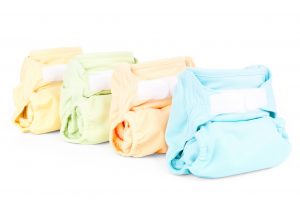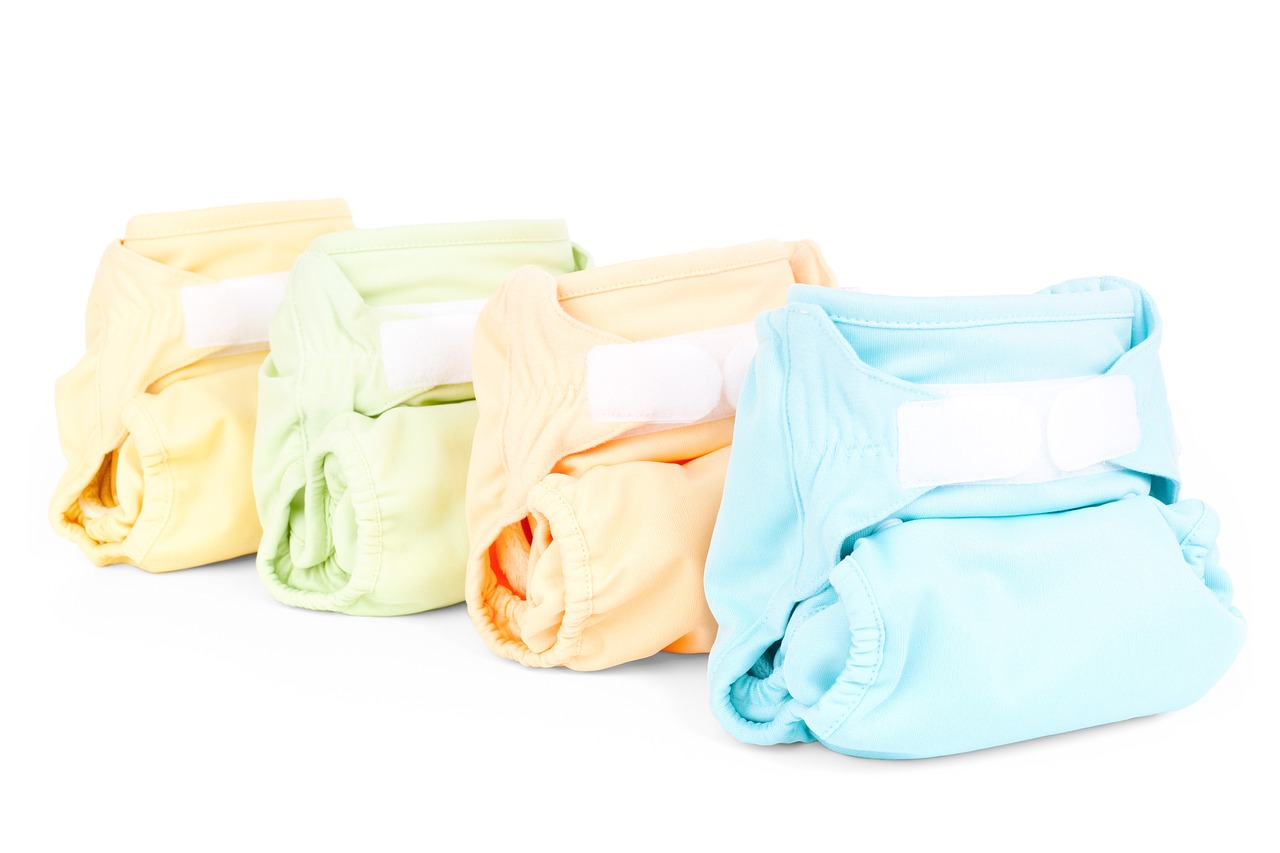
The topic of biodegradable diapers and women’s hygiene products is currently a hot topic among environmental sustainability experts worldwide. As customers become more aware of the impact of their daily decisions on the planet, they increasingly demand alternatives to traditional, single-use, and environmentally harmful products that are also cost-effective and very convenient. A feasibility and techno-economic feasibility evaluation is an important step in determining whether a product may be suitable for large scale commercial production and consumption. Biodegradable diapers and sanitary napkins are designed to decompose naturally into non-toxic substances over time.
They are made from renewable and eco-friendly resource materials like cornstarch, bamboo, or hemp. As people begin to investigate new options for traditional single-use products that are filled with harmful chemicals and harmful plastics to the environment, biodegradable diapers and sanitary pads are becoming popular.
Expediency Study
An expediency study is a critical assessment of the feasibility of a product in terms of its market demand, technical feasibility, and financial feasibility. With naturally degradable diapers and sanitary pads, an expediency study would most certainly look at the market demand for these items, the technical aspects of how to produce these items, and the financial feasibility of manufacturing these items.
Read our Book Here: Bioplastics & Biodegradable Products Manufacturing Handbook
Market Need
The demand for biodegradable baby diapers and sanitary pads is advancing quickly as consumers become more aware of environmental issues. A feasibility study would investigate the current market demand for these products, and the potential for growth. There will be a review of aspects such as demographic trends, consumer preferences, and buying habits.
The current market for naturally degradable baby diapers and sanitary pads is dominated by a couple of large players. Yet there is also more entrepreneurial and small independent businesses that are marketing these products. An expediency study would consider the extent of competition in the market for biodegradable diapers and sanitary napkins, and consider the viability for additional entrants to the marketplace.
Techno-Economic Viability Study
A techno-economic feasibility study is an expansion of the feasibility study that takes an extended look at the technical and economic aspects of a product. A techno-economic feasibility study that considers biodegradable baby diapers and sanitary pads would analyze the costs and benefits of production of these items on an industrial scale.
Related Project Profile on: Diaper (Baby and Adult) and Sanitary Napkins
Technical Stability
The technological feasibility of biodegradable diapers and sanitary napkins would analyzed through a techno-economic feasibility. Study that examined the product extraction process and components incorporated with the product. The product extraction process would be analyzed through factors. Such as efficiency, scalability, and overall cost benefits offered by the technical process. In addition, the components incorporated into the manufacture of biodegradable diapers and female sanitary/binding napkins. It would be analyzed for their margin of contribution, cost, and environmental impact.
Financial Practicality
The economic feasibility of biodegradable diapers and sanitary napkins would also be assessed by examining the costs associated with production and potential profitability. A techno-economic feasibility analysis would take into account raw material, labor, and overhead costs while also considering the potential for economies of scale. This analysis would also examine the potential for pricing strategies incorporating profitability while still offering a competitive cost to consumers.
We would also analyze the financial viability of biodegradable diapers and sanitary napkins regarding their potential for long-term sustainability. This would include an examination of the potential for increased demand for the products as consumers become more environmentally concerned, and potential government incentives for companies producing green products.
Cost Benefit Analysis
Cost Benefit Analysis (CBA) often is a critical part of studies with a techno-economic feasibility framework. This evaluation will take into consideration environmental safety issues. Manufacturing baby diapers and sanitary napkins and potential benefits such as greater demand, less pollution and thus increased profit. The cost-benefit analysis will, on the other hand, determine the chances of demand increasing for biodegradable diapers and sanitary napkins. As consumers become environmentally conscious. Thus increasing profits of the makers of these products and reducing the costs for manufacturers of the conventional disposable ones.
Conclusion
An expediency and techno-economic feasibility study is a critical step of assessing the feasibility of eco-friendly diapers and feminine napkins. The study will assess market needs, technological feasibility, and economic viability of these products. Analyze the costs and benefits of scaling them up.
The analysis of a feasibility and techno-economic feasibility study would provide valuable information for firms interested in entering the biodegradable diapers and sanitary napkins market. The study would help enable informed decisions on the potential for profitability and environmental sustainability.
Biodegradable diapers and feminine napkins are an important step toward an environmentally sustainable future. A feasibility and techno-economic viability study serves. As an important tool in enabling firms to enter this market and assess the feasibility of their products.
For more Information: Starting a Diaper Manufacturing Industry | Baby and Adult Diaper Manufacturing Business








